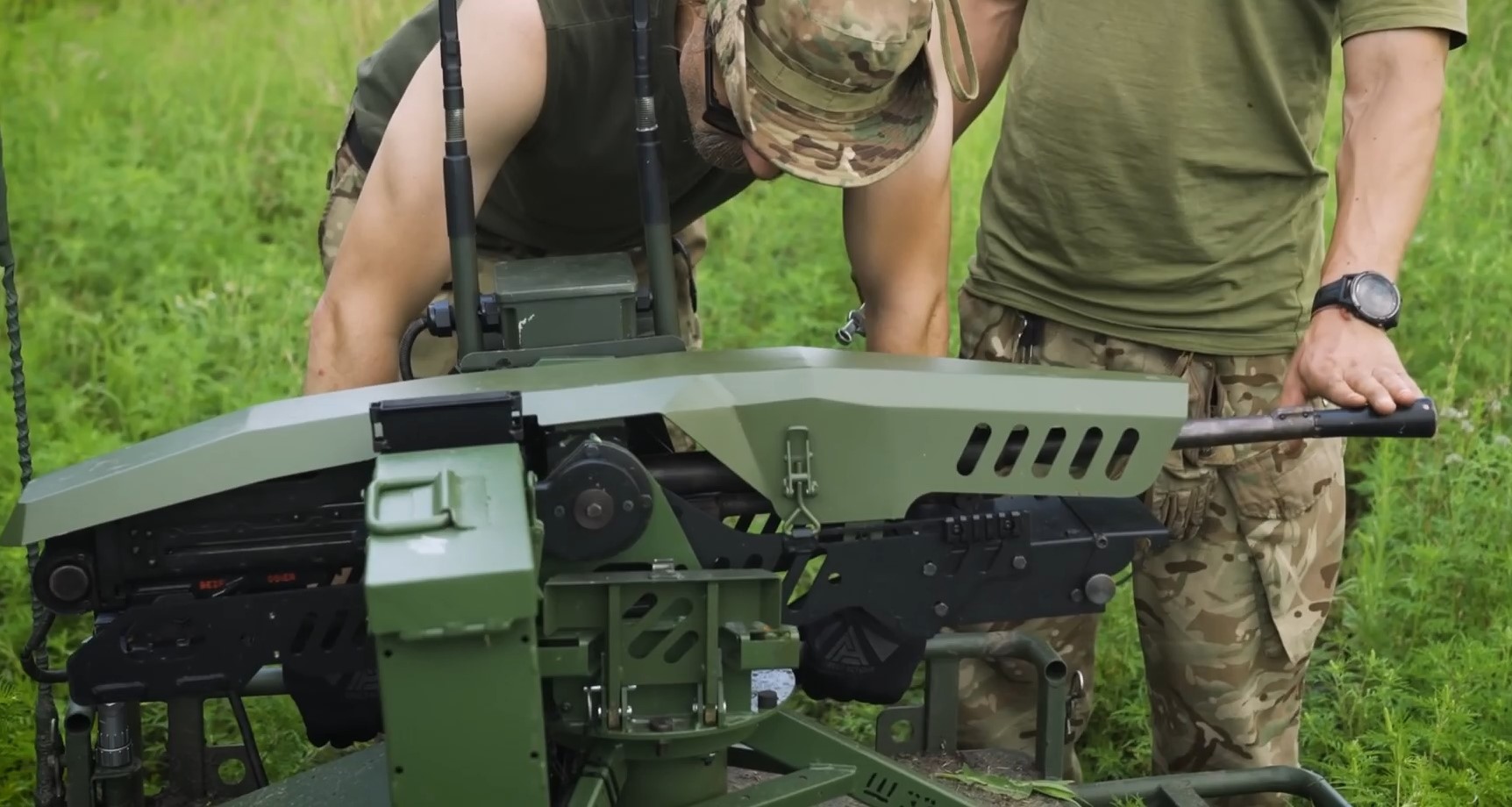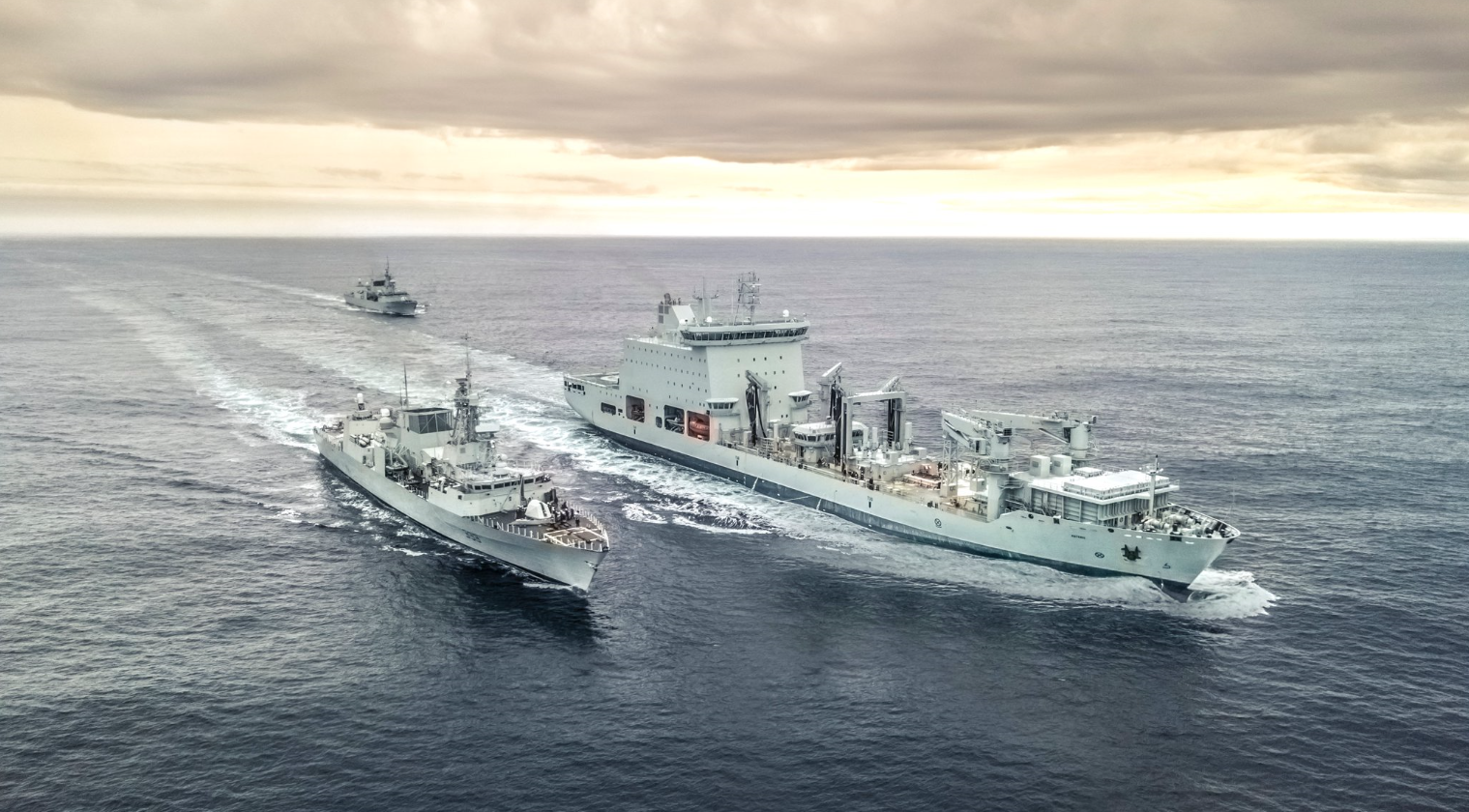I think that you need to remember that the Rangers are members of the reserve force by virtue of legislation. They are simply a different component of the reserve force from the primary reserve soldiers. The fact that they are reservists but different from the PRes are both very important points.
Thanks for taking the time to respond. What is the training that the average Ranger receives, both in the way of "basic training" and annual "continuation training?"

I have been away from the Ranger world now for as long as I was part of it in the first place, so take my words with a grain of salt - I am not current. But the way it used to go is something like this:
- A prospective recruit approaches (or is approached by) an existing member of the patrol - usually the patrol commander. They make a decision on whether the prospective recruit has something to bring to the table that is of value (skills, knowledge, standing in the community, etc). A recruiting paperwork package is sent to the CRPG HQ that includes a criminal records check, forms for enhanced reliability screening, various adm documents such as banking forms for direct deposit and so forth (don't get me started on the ones who, for valid reasons owing to living in remote/reserve communities don't actually even HAVE bank accounts - that's another rant altogether).
- If no red flags are raised, they're enrolled. The enrollment ceremony is conducted over the phone, or by facebook video call, or, if the OC just happens to be visiting that patrol location then it might be held in person. This gives you an idea of just how much of a different world it is.
- That's it. That's all that HAS to happen. There is a Ranger DP1 course that is 10 day's duration and typically held at a central location once yearly. It teaches basic military knowledge like rank structure, navigation with map/compass/GPS, a bit of first aid, and radio comms, and it qualifies them on their rifle. We usually don't issue them rifles until they've completed DP1. That said, it's entirely possible for them to serve for YEARS in the Rangers and never do DP1. It is not mandatory.
- There is a subsequent Ranger DP2 course that is intended for those Rangers who are going to assume leadership positions within their patrol. This is another 10 days duration. It's basically a highly stripped down version of PLQ minus all tactical and otherwise non-relevant content. We teach them a bit about battle procedure, planning for things like GSAR events, how to assist the Ranger Instructor with exercise planning, etc. Again, this is not mandatory, and not all Rangers in leadership roles have DP2 complete. Ranger "promotions" seem to vary from CRPG to CRPG, but in the ones I'm familiar with each patrol is organized sort of like a platoon - there is a Ptl Comd who wears the rank of Sgt, a 2i/c who wears the rank of MCpl, and depending on numbers there are up to 3 x sections with each having a MCpl sect comd and a Cpl 2i/c. The remainder wear the rank of Pte(T). The mechanism for promotion is going to particularly blow your hair back: they hold elections for those positions. The results of the elections are not legally binding, but they serve as a recommendation to the CO for promotion on an A/WSE basis. The CO customarily honors the election result. The substantive rank, for all Rangers, at all times, remains that of Pte(T). Reversions happen frequently, and the patrol leadership positions often rotate around for reasons of fairness and to prevent one or more folks from forming an impenetrable leadership clique.
That is basically all there is in terms of "formal" Ranger career development, coursing, training & selection. But there is a lot more beyond that. Many Rangers volunteer to take on additional tasks that see them come down to the CRPG HQ to participate in planning sessions, working groups, take on GD roles, occasionally work with other Army units and the like. But it is nothing like the conventional Army where a career manager dictates that this guy is going on his ILP and this guy is going on AOC, and this guy is getting posted to Gagetown or wherever. It's a totally different system.
To answer your final question on annual/continuation training, that depends too. Usually each patrol can count on having a minimum of 2 x exercises in their local patrol area per year. Those can be highly varied in terms of topics. Sometimes we run a first aid or other such course for them, and that's the exercise. Sometimes we run a GSAR scenario. Sometimes we let the Rangers suggest something that they think will be worthwhile and fun given the conditions in their local community. So a minimum of 2 x exercises of that general type, usually 3-5 days each. There are also larger exercises run at the multi-patrol or company level. Same kind of idea, but usually longer, and with larger objectives. But the average Ranger is usually looking at something like 10 - 20 training days per year, plus whatever local events (i.e. GSAR) that they get called to respond to.





